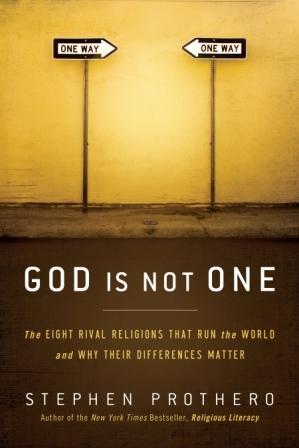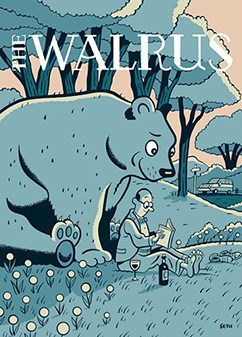httpv://www.youtube.com/watch?v=Yr7T4Jn8WgQ
The earliest surviving film adaptation of Shakespeare, an 1899 British production of King John. (This clip cannot be embedded: hit the arrow and then hit the YouTube link that appears.)
On this date in 1215 King John of England put his seal on Magna Carta.
Shakespeare, of course, wrote a play about King John that makes no mention of Magna Carta. Happily, Frye has a point or two to make about Shakespeare by way of King John.
The action of King John has proceeded only for a few lines when the king says:
Be thou as lightning in the eyes of France;
For ere thou can’st report I will be there,
The thunder of my cannon shall be heard.
King John, of course, had no cannon. It is habitual for us to say the audience would never notice. Audiences in fact have rather a quick ear for such things. Or we may say that Shakespeare was in a hurry, and was unwilling to spoil his record of never blotting a line. The assumption that Shakespeare was a hasty and slapdash writer has often been made, by hasty and slapdash critics, but has never proved fruitful. If we say that Shakespeare had more important things on his mind, we come closer to the truth: certainly the fine image of the thunderstorm is more important than fidelity to the date of the introduction of gunpowder. But it is better to think of such anachronism positively and functionally, as helping to univeralize an historical period, as representing a typical rather than a particular event. The past is blended with the present, and event and audience are linked in the same community. (A Natural Perspective, 20)

